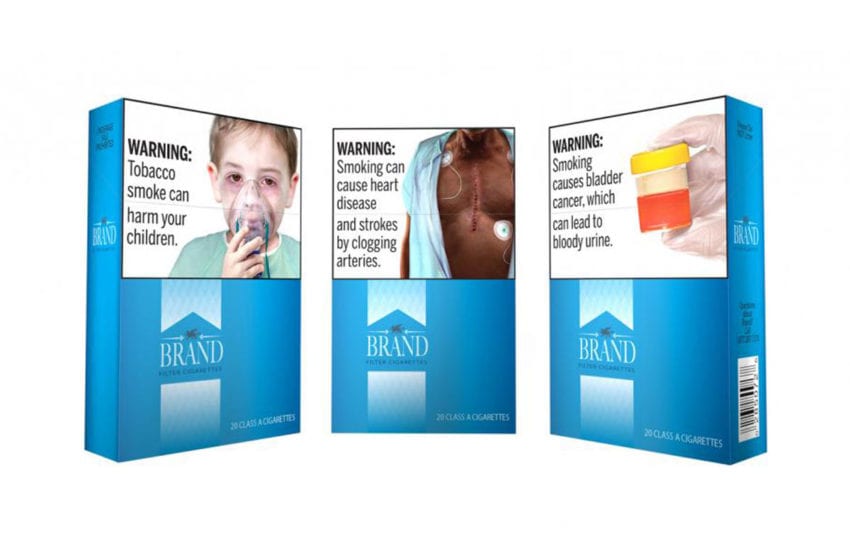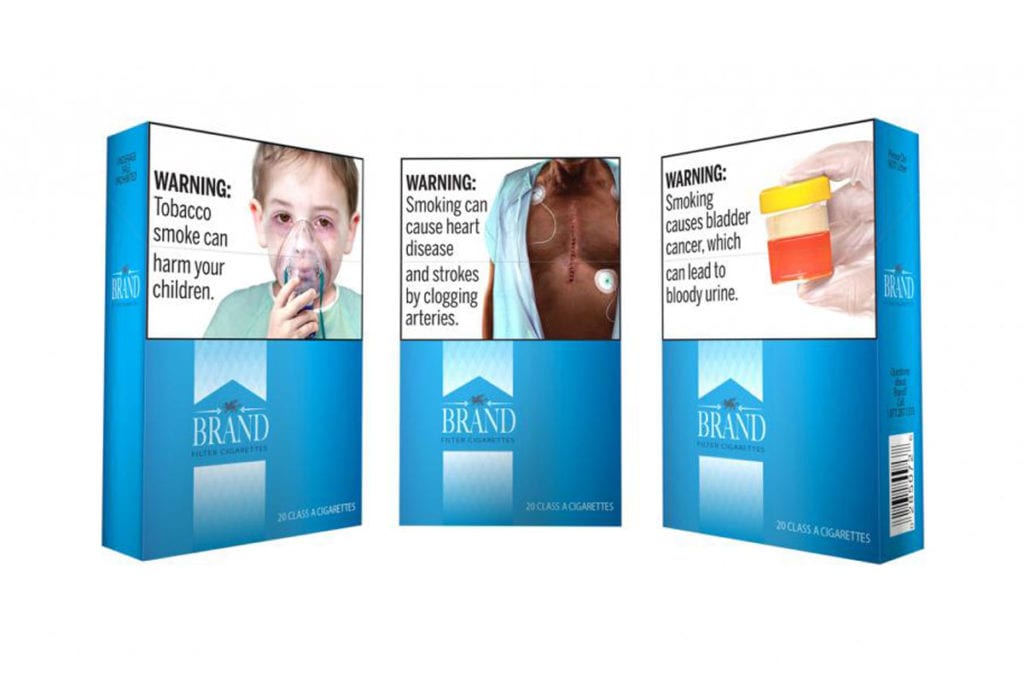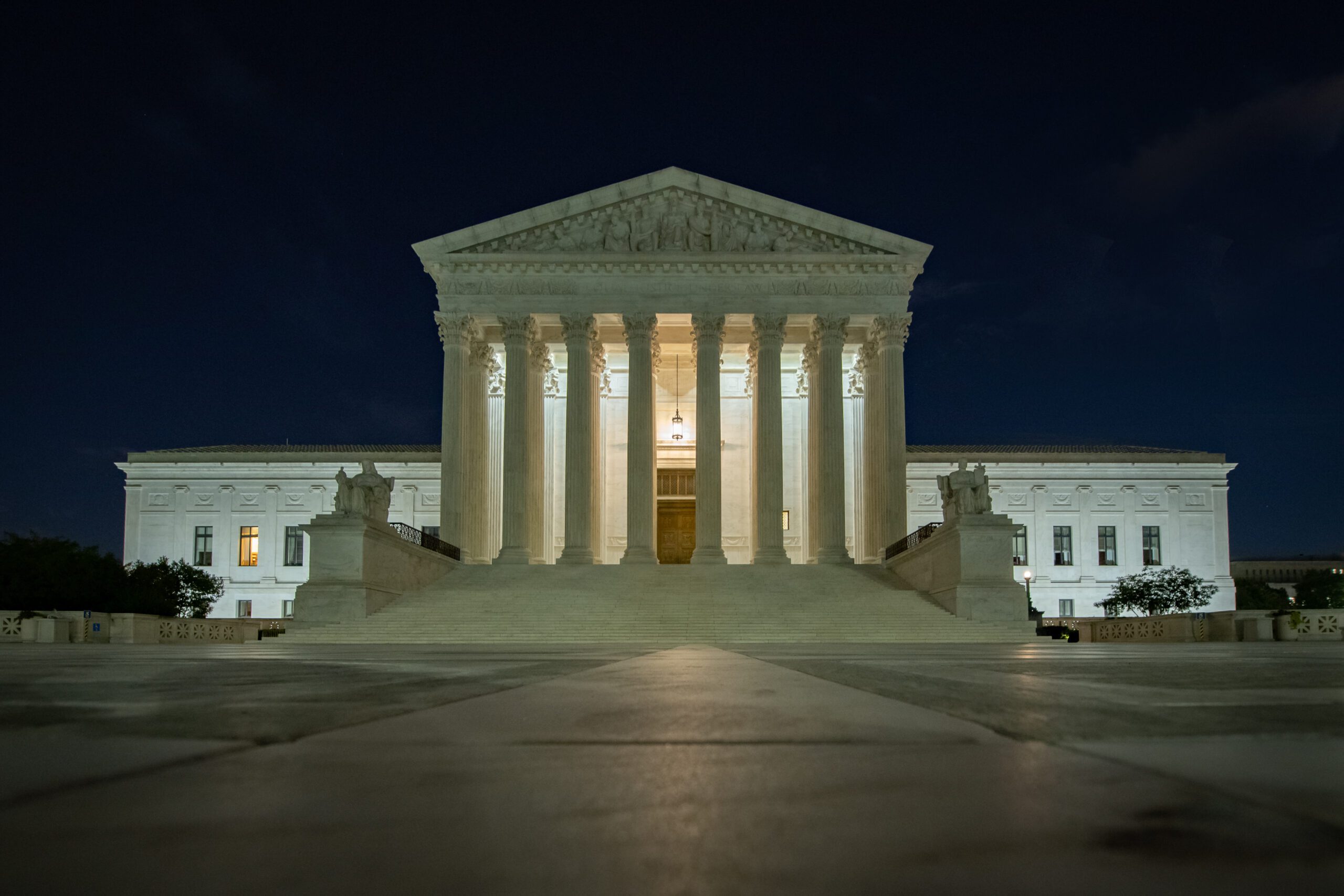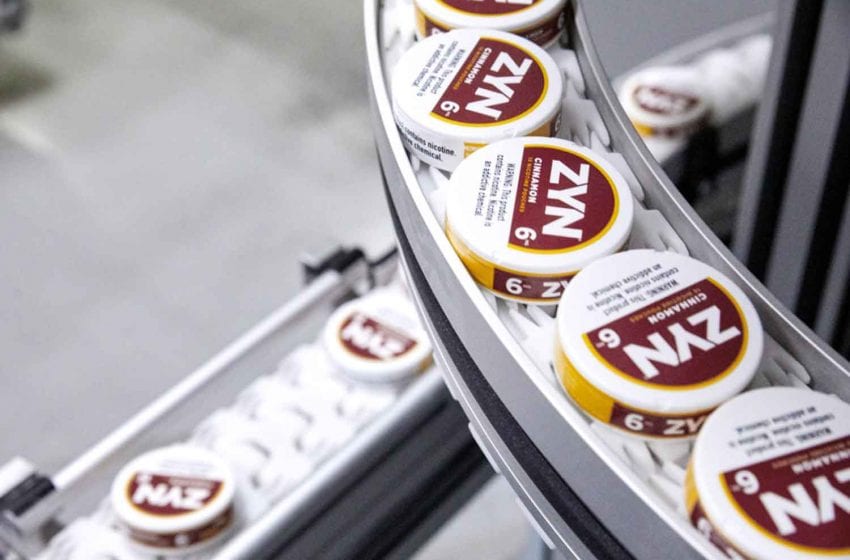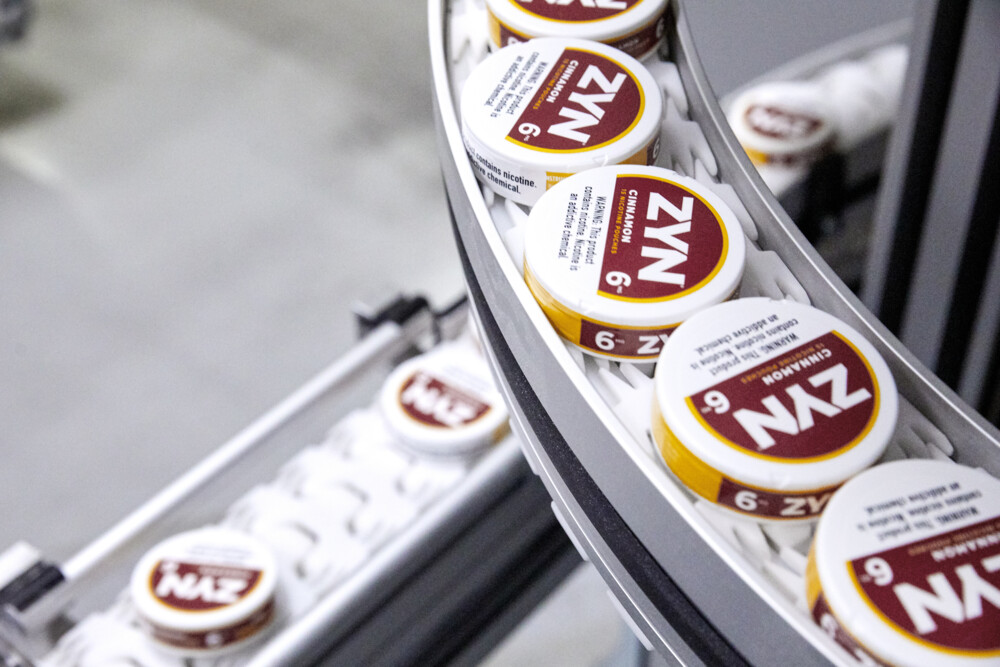The hearing took just over an hour. Today, the United States Supreme Court heard oral arguments in FDA v. Wages and White Lion Investments, LLC, a pivotal case concerning the Food and Drug Administration’s rejection of applications to market flavored nicotine vaping devices.
The case is about much more than saving the vaping industry; it is also a landmark case for regulatory accountability related to public health and consumer choice. A decision is expected by the end of the Supreme Court’s term in June.
At issue is whether the FDA acted arbitrarily and capriciously when denying numerous premarket tobacco product applications (PMTA), as alleged by the manufacturers and affirmed by the U.S. Court of Appeals for the 5th Circuit, which accused the FDA of a “regulatory switcheroo”.
Elizabeth Hicks, US Affairs Analyst of the Consumer Choice Center, stated that the case underscores the need for “fairness and transparency” in regulatory processes. “The FDA’s blanket denials have placed enormous hurdles on firms providing harm-reduction alternatives, potentially decimating an industry that millions of adult consumers rely on to transition away from smoking traditional cigarettes,” she said.
The court heard the FDA’s defense of the agency’s rejection of two companies’ premarket tobacco product applications (PMTAs) to sell flavored vape products that it has determined pose health risks for young consumers. The justices took up the FDA’s appeal filed after a lower court ruled that the agency had failed to follow proper legal procedures under federal law when it denied the applications to bring their nicotine-containing products to market.
In January, the full slate of 5th Circuit judges ruled 10-6 that the FDA had been arbitrary and capricious, in violation of a federal law called the Administrative Procedure Act, by denying the applications without considering plans by the companies to prevent underage access and use.
Associate Justice Clarence Thomas called the FDA guidance “a moving target” that shifted throughout the process. Also, Associate Justice Neil Gorsuch stated that applicants were not granted conditions for jury trials in administrative cases, as the court outlined in SEC v. Jarkesy. Gorsuch also wondered if the agency had failed to give applicants fair notice that the rules had changed.
The court has a 6-3 conservative majority that is often skeptical of federal agency decision-making.
Their lawyers argue that the FDA changed its standard for considering flavored vapes in the middle of the process without giving applicants adequate warning.
Kavanaugh also seemed to have sympathy for the FDA’s case. He said it was clear from the outset what the FDA’s position on issuing denial orders was: a focus on the harm to young people that flavored vape products bring. He noted that under the Tobacco Control Act, the FDA has the power to regulate tobacco products, with a special focus on youth.
If, after weighing the evidence, the FDA rejects an application, “It’s kind of the end of it, isn’t it?” Kavanaugh asked.
Hicks said the FDA’s rejection of Triton and Vapetasia’s applications demonstrates a failure to balance or even understand public health priorities and opportunities provided by less harmful nicotine products.
“While we all agree on the need to keep these products out of the hands of young people, denying adult smokers access to safer alternatives like flavored vaping devices could have dire consequences for harm-reduction efforts,” Hicks said in a press release. “Regulatory decisions should be evidence-based, not rooted in unachievable or shifting standards that are unreasonable to provide.”
Justice Elena Kagan said that applicants know that the FDA believes that flavored vapes are especially appealing to children and that they would need to overcome that presumption in their PMTA submissions.
“I mean, there’s just not a lot of mystery here about what FDA was doing. You might disagree with that, because you think that, in fact, the world of 40-year-olds really wants to do blueberry vaping, but you can’t say that FDA hasn’t told you all about what it’s thinking in this respect,” Kagan told the companies’ lawyer, Eric Heyer.
Heyer told the justices that if his clients win the case, there could be a change in the FDA’s approach, citing comments Trump has made that he would “save vaping.”
Just before the hearing began, Tony Abboud, executive director of the Vapor Technology Association. said the High Court has the opportunity to examine and critique the farcical “wild goose chase” manufacturers have been led on over the years due to the FDA’s illegal and bad faith actions.
“While VTA eagerly awaits the SCOTUS decision, VTA knows that a favorable ruling will not fix the systemic and ideological failures at FDA. VTA will continue to work closely with the incoming Trump Administration, which can quickly and decisively end all current litigation – and all future litigation that will follow a SCOTUS decision favorable to industry – by implementing a new tobacco products standard which establishes clear scientific guidelines for the authorization of products and a real pathway to a broad and diverse U.S. vaping industry,” Abboud said. “Biden FDA’s illegal actions, which have deprived Americans of less harmful nicotine alternatives and are crushing an innovative industry, must be comprehensively addressed immediately through the bold and decisive leadership of President-elect Trump.”







